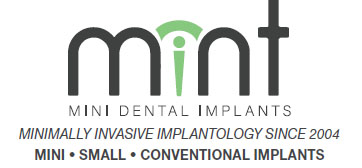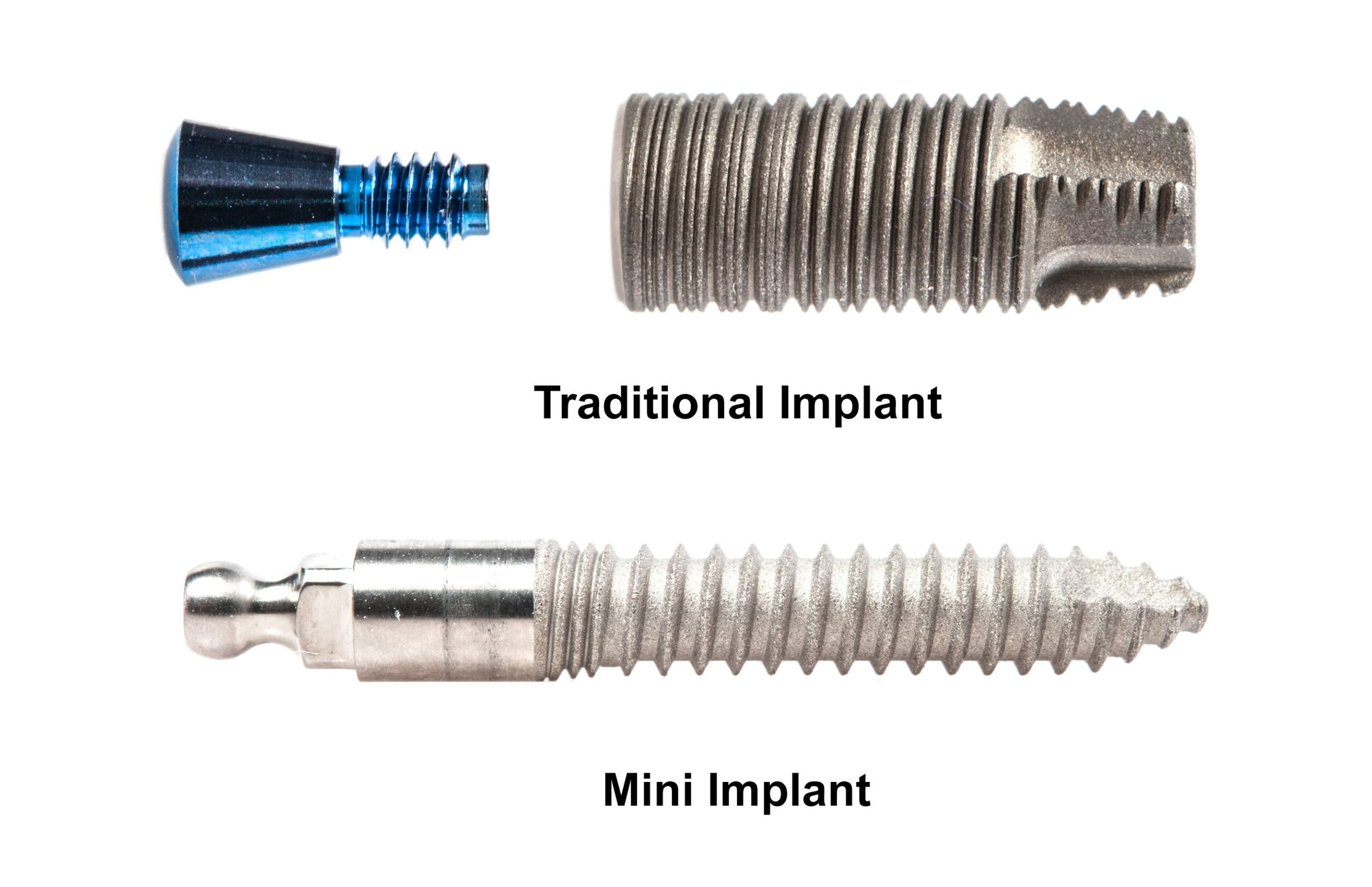Have you ever played Jenga? If you have, you’ll know that the game begins with a solid tower, each piece supporting the others. As you pull out the first block, you might second-guess yourself, wondering if it will cause the whole structure to wobble. Surprisingly, it usually stands strong, but each removed piece increases the instability. Believe it or not, your teeth function in a similar way. Each tooth in your mouth is important, contributing to your smile’s overall stability and function. When even one tooth is missing, it can create a chain reaction affecting more than just your appearance. You would be surprised how much one missing tooth can affect everything. It’s like that first Jenga block—it seems minor at first, but it can throw everything off balance.
Why Should I Replace My Missing Tooth?
You might think, “It’s just one tooth, or maybe a couple—how big of a deal can it be?” Actually, losing even a single tooth can be quite significant. Not replacing a missing tooth can lead to several issues that affect your oral health and overall well-being.
The surrounding teeth can shift into the gap when a tooth is missing. This shifting misaligns your bite, making it harder to chew and speak properly. Depending on the location of the missing tooth, you may struggle to pronounce certain words or chew your food effectively. Misalignment can also lead to jaw problems like TMJ disorders, causing pain and discomfort. The extra stress on the remaining teeth can also lead to further damage and tooth loss.
Finally, when teeth are missing, the underlying jawbone deteriorates over time. This bone loss affects the structure of your face, leading to a sunken and aged appearance.
What Are My Options for Replacing a Missing Tooth?
If you need to replace a missing tooth, you have several options. Conventional bridges and partial dentures are common solutions. A bridge involves anchoring a false tooth to the adjacent teeth. While effective, this process requires the adjustment of neighboring teeth, which are often perfectly healthy. On the other hand, partial dentures replace multiple teeth and are removable, but they are often uncomfortable and tend to slip and shift.
Dental implants offer a more stable solution for replacing missing teeth. These implants have three main components: a titanium post, an abutment, and a crown. The titanium post that substitutes the missing tooth root is placed into the jawbone. Once the post integrates with the bone, typically taking several months, the abutment is attached to the post, and the crown is placed on top. Unlike conventional tooth replacement options, which rest on the gums and adjacent teeth, implants are anchored directly into the jawbone, providing a secure fit. Now, imagine an implant option that offers the same support but with a simpler process.
Mini Implants vs. Traditional Implants: How Are They Different?
Traditional dental implants are roughly 5 millimeters in diameter. Because of their size, they need a significant amount of jawbone for proper placement. Often, bone grafting is necessary to ensure enough bone density and volume to support the implant securely. This requirement for substantial bone structure ensures that traditional implants provide a stable and durable foundation for dental restorations.
In contrast, mini dental implants are less than 3 millimeters in diameter and less invasive to place. Mini implants have a simplified design that streamlines the procedure. Each mini implant is a small, one-piece titanium post with a ball-shaped end that protrudes above the gum line. Due to their slim size and design, Dr. Coolican can place them using a minimally invasive technique. Rather than using stitches and incisions, Dr. Coolican makes a small hole through the gums, resulting in minimal bleeding. He can also place these implants in narrow jawbones without any bone grafting.
Another key advantage of mini implants is their “immediate loading” capability. Unlike conventional implants, mini implants are stable as soon as Dr. Coolican places the implants in the jaw. You can walk into our office and leave the same day with a stable, secure smile. Moreover, their quicker and simpler placement process significantly reduces the overall cost! Mini implants require less invasive surgery, fewer materials, and shorter appointment times, making them a more cost-effective option than traditional implants.
Book Your Free Consultation With Dr. Coolican Today
Taking care of your oral health is one of the best investments you can make. Prioritize your health today and invest in a solution that offers immediate and long-term benefits. Schedule your free consultation to learn how mini dental implants can help you maintain a healthy, functional, and beautiful smile. Your journey to better oral health starts at Mint Mini Dental Implants.


